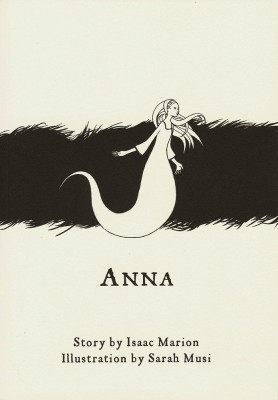Date read: 8.31.09
Read from: Personal collection, via Subterranean Press
Reviewer: Emera
Alabaster collects five works of Kiernan’s short fiction, all centered on her character Dancy Flammarion, first introduced in her novel Threshold. (Note that I’d never read any of Kiernan’s work before this, so this collection clearly stands well on its own, both as introduction to Dancy as a character and to Kiernan’s work in general.) Dancy is an orphaned, albino girl who seeks out and kills monsters on the command of a terrifying angel. Each of the stories records her encounter with one of the monsters that the angel sends her to find, and peels back a layer of Dancy’s past and psyche, to reveal how deeply damaged and used she is.
To say that Dancy is a tragic character doesn’t even come close. Each of the monsters she meets, though technically monstrous so far as it comes to killing people in horrible ways and so on, is far more self-aware than is Dancy – and thus, in a certain sense, more fully human. Likewise, they can see her situation far more clearly than she ever does. Ultimately, what the stories show the reader is that Dancy is a monster of another kind: a crippled soul who will never truly understand who she is, what she does, or why she does it, and will never be loved by another being, human or otherwise. I would like to think that she’s not irredeemable, but at least within these stories, she’s hopelessly lost and severed from humanity, and sustained only by her faith in an angel that the reader soon realizes has no interest in her as an individual and is, of course, yet another kind of monster in an endless and highly relative bestiary.
